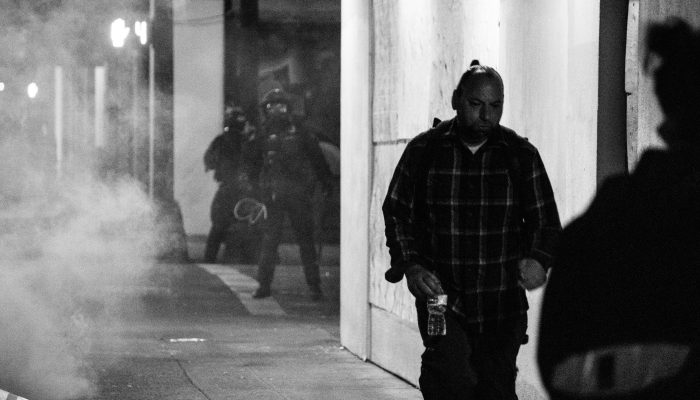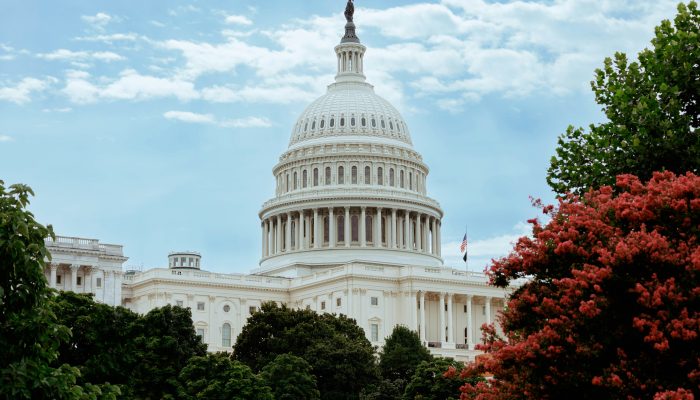The average American is estimated to commit multiple felonies a day without knowing it. This isn’t a punchline or a hypothetical nightmare — it’s a reflection of how vast and unmanageable our federal criminal code has become. The body of federal criminal law has grown so large that no person or institution has been able to definitively count how many crimes currently exist. The result is a justice system that is unfocused, inconsistent, and increasingly ineffective.
An overgrown criminal code does not necessarily target those who pose real threats to public safety. Instead, it risks turning everyday Americans into criminals for offenses they had no idea they were committing.
Continue reading “When Everything Is a Crime: Why the Count the Crimes to Cut Act Matters”










